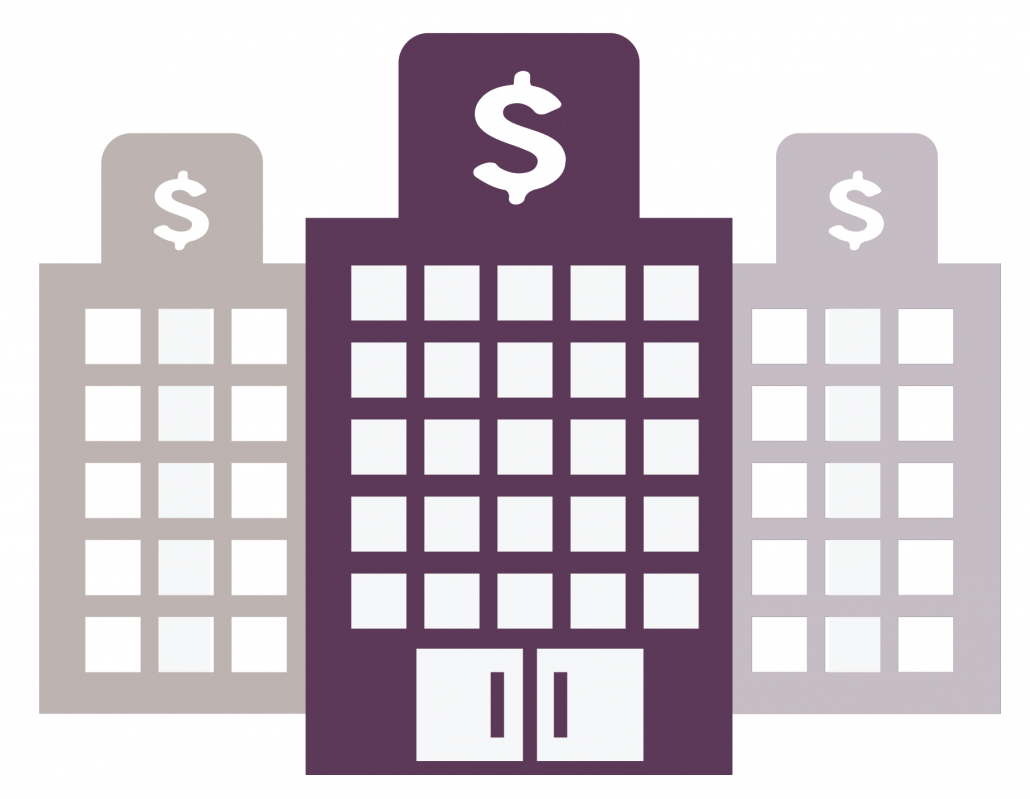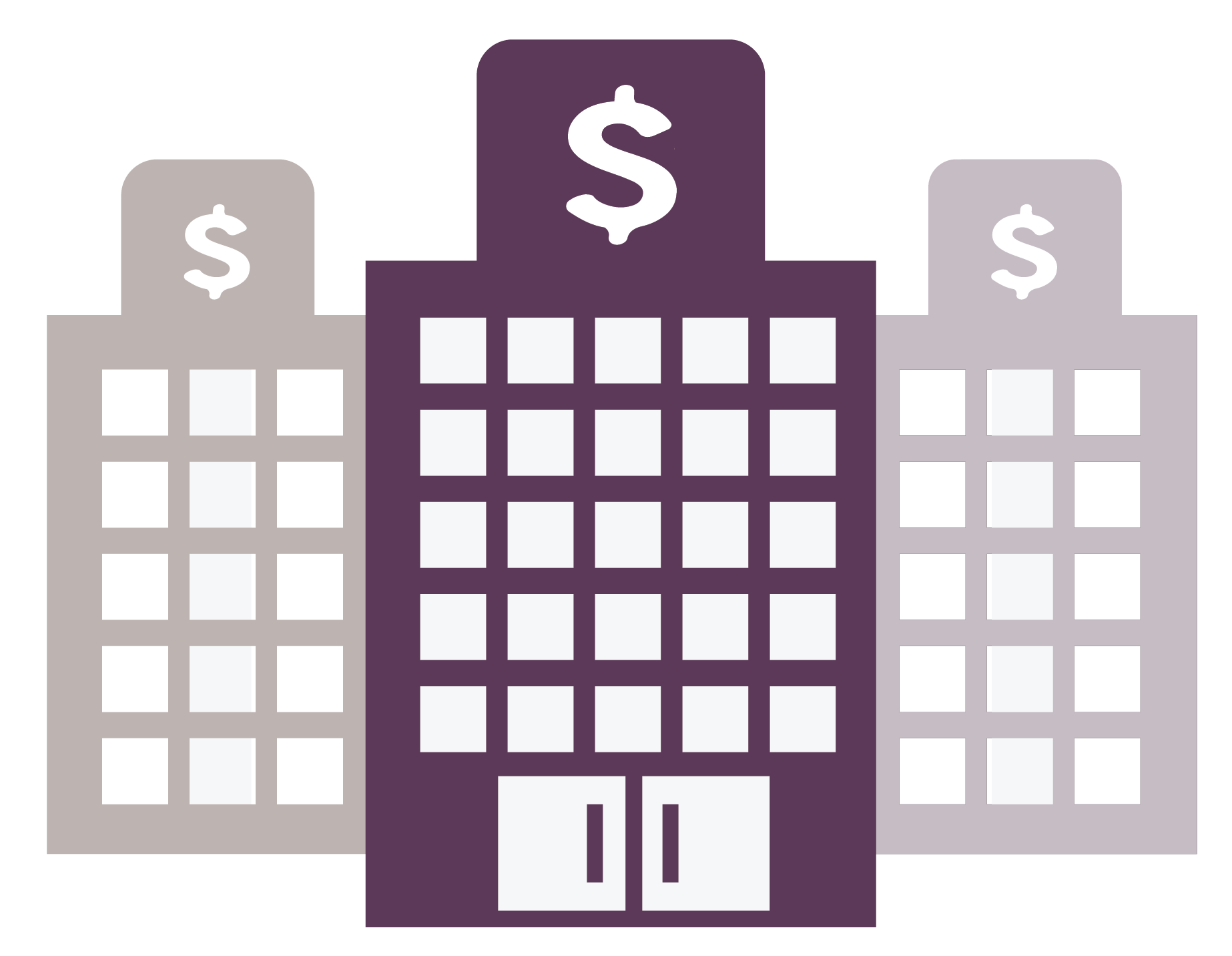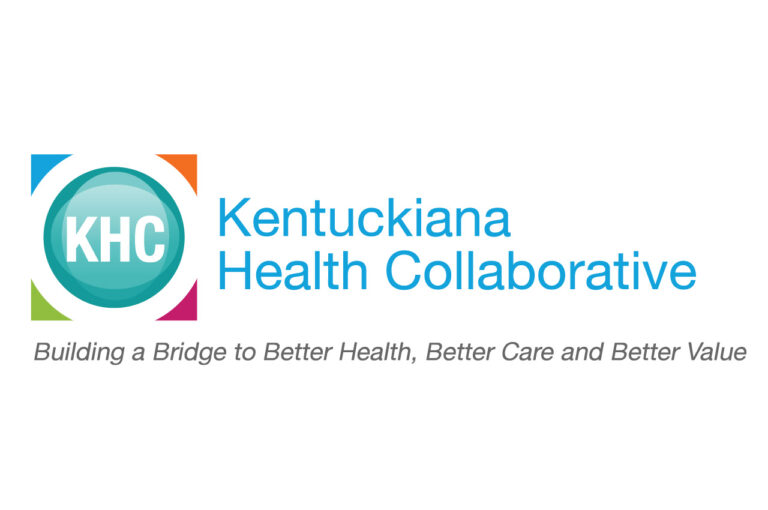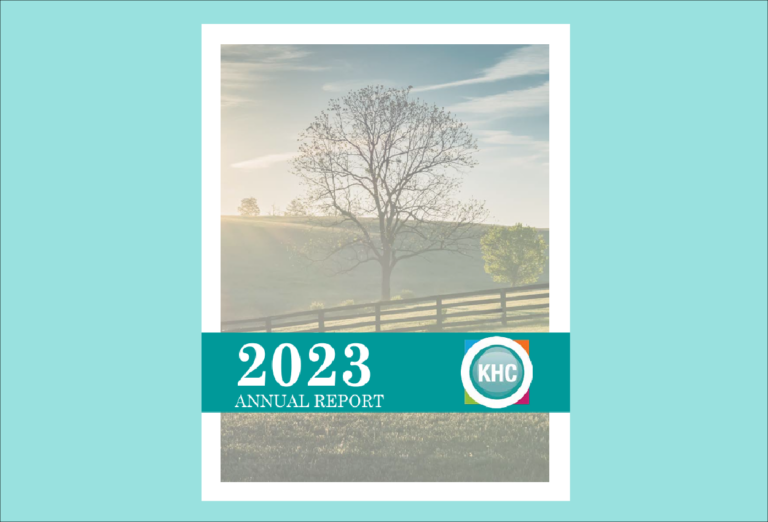
Imagine that you and your best friend are injured in a car accident. It’s nothing major, just some scrapes and bruises. But because the car is in pretty rough shape and you are both feeling pretty beat up, you decide to go to a hospital for a series of routine tests. You get some X-ray images and MRI to make sure that there are no broken bones, internal bleeds, etc.
You are your best friend go to different hospitals. She has one that she prefers, and your primary care provider is with another system with all your records in one place. But as you are going through these tests, you get anxious just thinking about a few weeks from now, when the bills start rolling in. Because you won’t know how much it’s actually going to cost until then.
On top of that, although you and your friend received the same or similar tests, the costs of your services are nearly twice as high as hers! Simply because you chose to go to different facilities.
Everyone is familiar with scenarios like this. The healthcare pricing system is opaque and confusing, with negotiated allowed prices that vary between payers. We’ve long been frustrated by this but have done little to shine the light on hospital pricing information.
INDIANA STUDY REVEALED HIGH HOSPITAL PRICES, EXPANDED NATIONALLY
National employers located in Indiana noticed higher healthcare costs in the Hoosier state compared to costs in other states. To examine whether these observations were true, the Employers’ Forum of Indiana, an employer-based healthcare coalition of employers, providers, payers, public health officials, and other interested parties, partnered with RAND Corporation for a first-of-its-kind study that measured average amounts paid for hospital inpatient and outpatient services using pricing relative to Medicare, and reported hospital-specific prices.
That study, released in 2017, surprised the employer and healthcare community in the Hoosier state. Indiana hospitals were paying 272% more than the Medicare prices for inpatient and outpatient services, and there were large variations in price that didn’t correlate with the quality of care patients were receiving.
That’s great insight, certainly, but as with any analysis, it’s imperative to put it into context. Thus, a second iteration of the study, this time including employer data from 25 states, was completed and will be released as part of the first national hospital price transparency study in the U.S. Because the prices use Medicare pricing as a benchmark, this makes these relative prices comparable across the country.
The new study shows that the 272% of Medicare that Indiana was paying is not typical. Although the full results haven’t been released yet with states ranked in terms of relative price, the report will show that Indiana has prices higher than the national median. Kentucky is included in this study, and hospitals throughout the Commonwealth and Kentuckiana region will be included in the results, making this study of note to our region.
NATIONAL HOSPITAL PRICE TRANSPARENCY RESULTS: HOW DOES OUR REGION STACK UP?

Given the implications (nationally and locally), our June KHC Community Health Forum will reveal the results of the study and discuss its implications. Gloria Sachdev, President and CEO for Employers’ Forum of Indiana, will walk through the study results, focusing on Kentuckiana and Kentucky’s hospital prices and how they compare to the rest of the nation. We will also hear from an employer, Indiana University, that was part of that first-year study in Indiana to discuss how seeing hospital pricing information has impacted their benefit strategy. Although hospital pricing is important to all stakeholders, this event will be particularly relevant to those interested in employee health benefits, health plan design, and provider payment.
Space is limited, so register today to join the conversation on June 4 at the UofL Shelby Campus Founders Union Building. As with most KHC Community Health Forums, attendance is free for KHC members and $35 for non-members, which includes the program, networking, and breakfast. If you are unsure if your organization is a member of the KHC, see the full list here.






